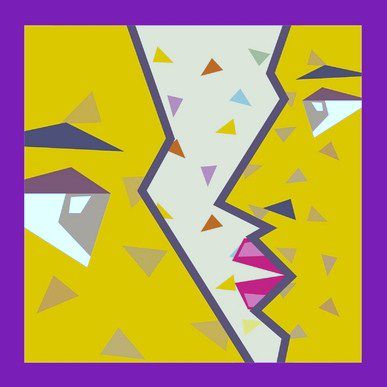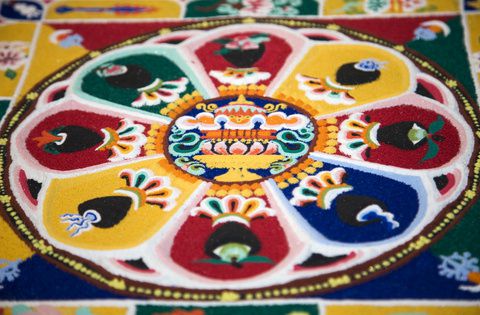
The Not-So-Simple Task of Simply Being Honest, Part 1
We all like to feel that we know ourselves, and that we are fundamentally honest with ourselves, but is it so? Sometimes deliberate not-wanting-to-know keeps us from being conscious of things that we really need to understand for our own individuation process. To set yourself…









